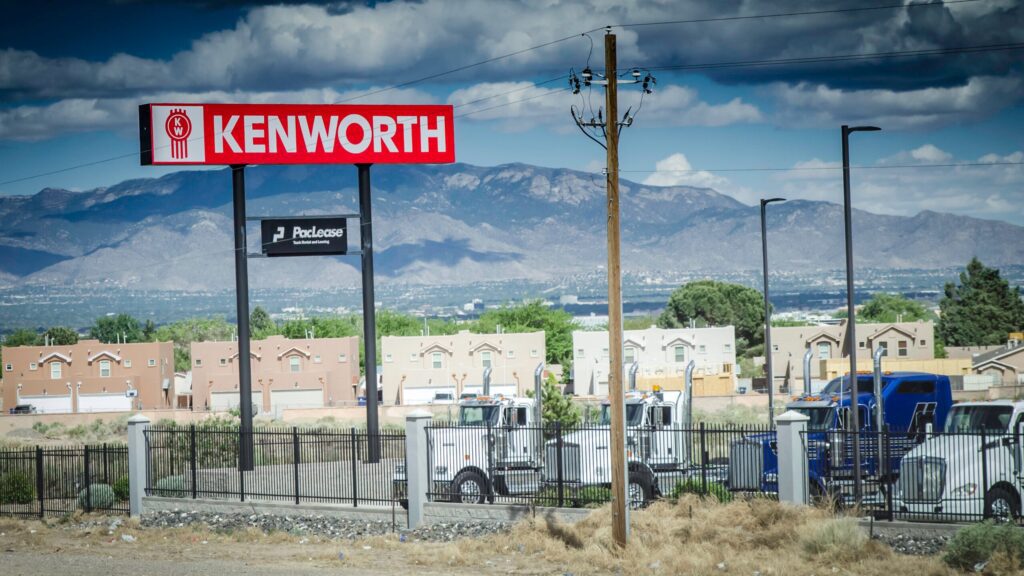Prebuy Anticipation in the Trucking Industry
Truck manufacturers and suppliers were preparing for a significant influx of heavy-duty truck orders in anticipation of new emission standards set to be introduced in 2027. However, this anticipated surge is unlikely to happen now that the former EPA administrator under Trump has revoked these regulations, calling it “the greatest and most consequential day of deregulation in U.S. history.” This decision is part of Trump’s larger strategy to enhance fossil fuel production and ease regulatory pressures on various industries.
Concerns of Smaller Operators
While the truck manufacturers may feel let down by the absence of expected prebuy orders, the wider trucking and logistics sector is likely to favor the rollback of regulations. Industry associations, like the Owner-Operator Independent Drivers Association, voiced worries that the anticipated rise in costs—between $25,000 to $30,000 per truck—under the previous regulations would render these vehicles prohibitively expensive for smaller operators.
Reliability Issues with New Technologies
Fleets were also apprehensive about potential reliability problems associated with the unproven technologies mandated by the previously established regulations. The trucking sector has encountered similar issues in the past.
Historical Reliability Problems
For instance, when new regulations were rolled out in 2007, manufacturers such as Navistar faced significant reliability challenges due to mandates intended to cut nitrogen oxide emissions. This led to severe financial and operational difficulties for fleet operators, with many trucks experiencing early breakdowns, extended downtimes, and considerable maintenance expenses—affecting both fleets and shippers.
Potential Fleet Expansion and Prebuy Scenarios
Another concern was that the regulations from the Biden administration could have resulted in a major increase in trucking fleet capacity, often referred to as the “2027 prebuy” scenario. In this situation, fleet operators might have rushed to buy older, reliable truck models to evade the steep price hikes and reliability issues posed by the new standards.


